 I’ve been long-time Gmail fan, having used it from the very early days, for almost 5 years now. The key reasons why I switched and have stuck with the service ever since were the productivity boosters, first of all:
I’ve been long-time Gmail fan, having used it from the very early days, for almost 5 years now. The key reasons why I switched and have stuck with the service ever since were the productivity boosters, first of all:
- Threaded conversations
- Labels
- Search
Google did to email what all new product teams should: throw away all known concepts, start from fresh, figure our what the system should really do, instead of delivering a customary system with minor improvements. Instant success. Instant Customers. No, correct that: instant users. There is a difference. Apparently not everyone likes “radically new”.

(Cross-posted @ CloudAve » Zoli Erdos)




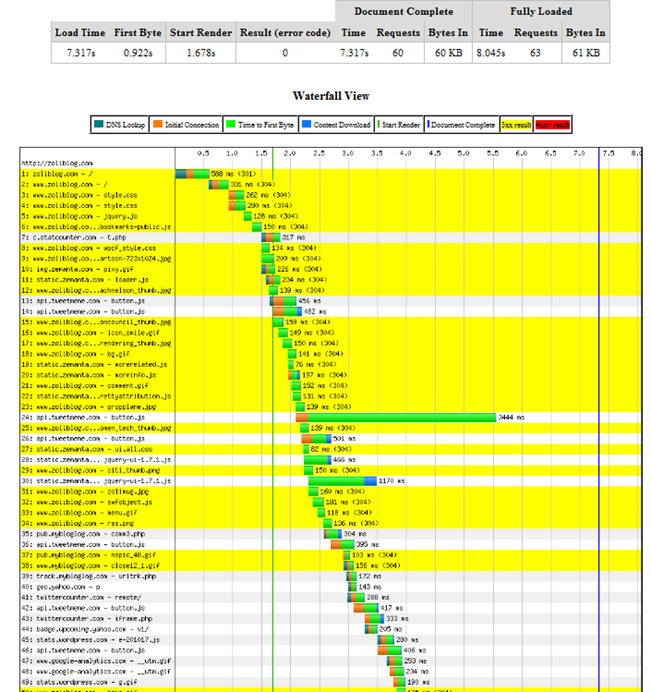


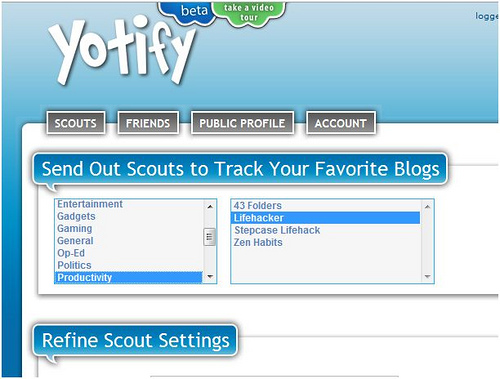
![Reblog this post [with Zemanta]](https://www.zoliblog.com/wp-content/uploads/HLIC/54e6a3db43b098ecbf5db09e027cb1c1.png)
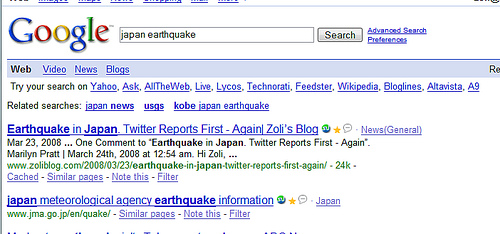

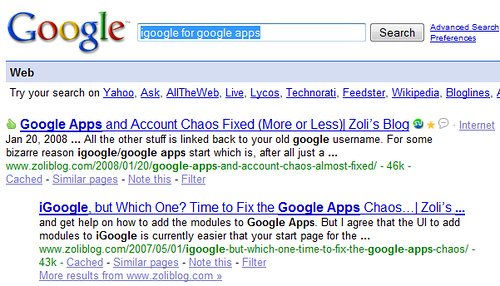

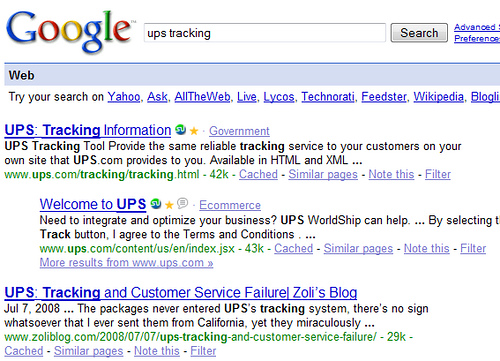


 Wow, this was fast. I met Koral CEO Mark Suster some time in November, when he gave me a demo of his then pre-beta Content Collaboration system. I instantly liked it, largely for it’s simplicity – hence the title of my review:
Wow, this was fast. I met Koral CEO Mark Suster some time in November, when he gave me a demo of his then pre-beta Content Collaboration system. I instantly liked it, largely for it’s simplicity – hence the title of my review:  . Koral is no more.
. Koral is no more. 

Recent Comments